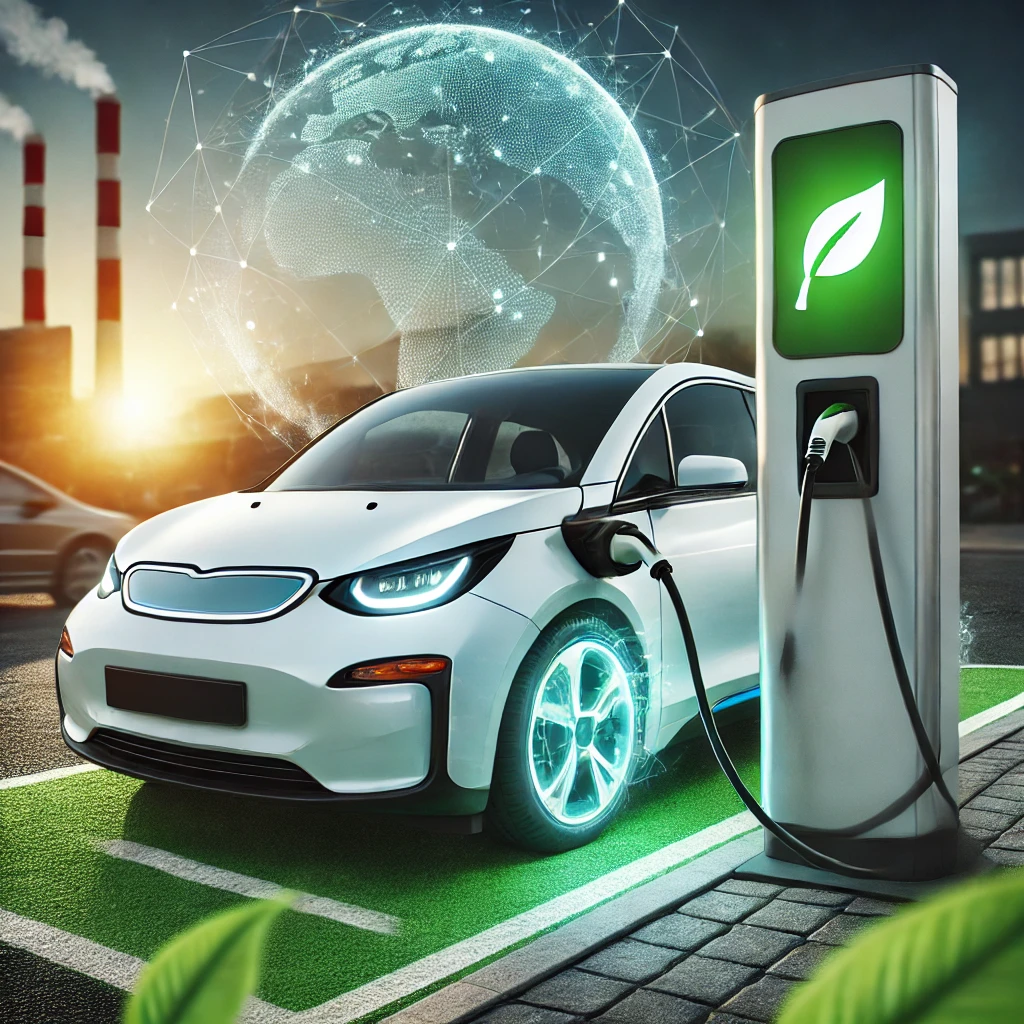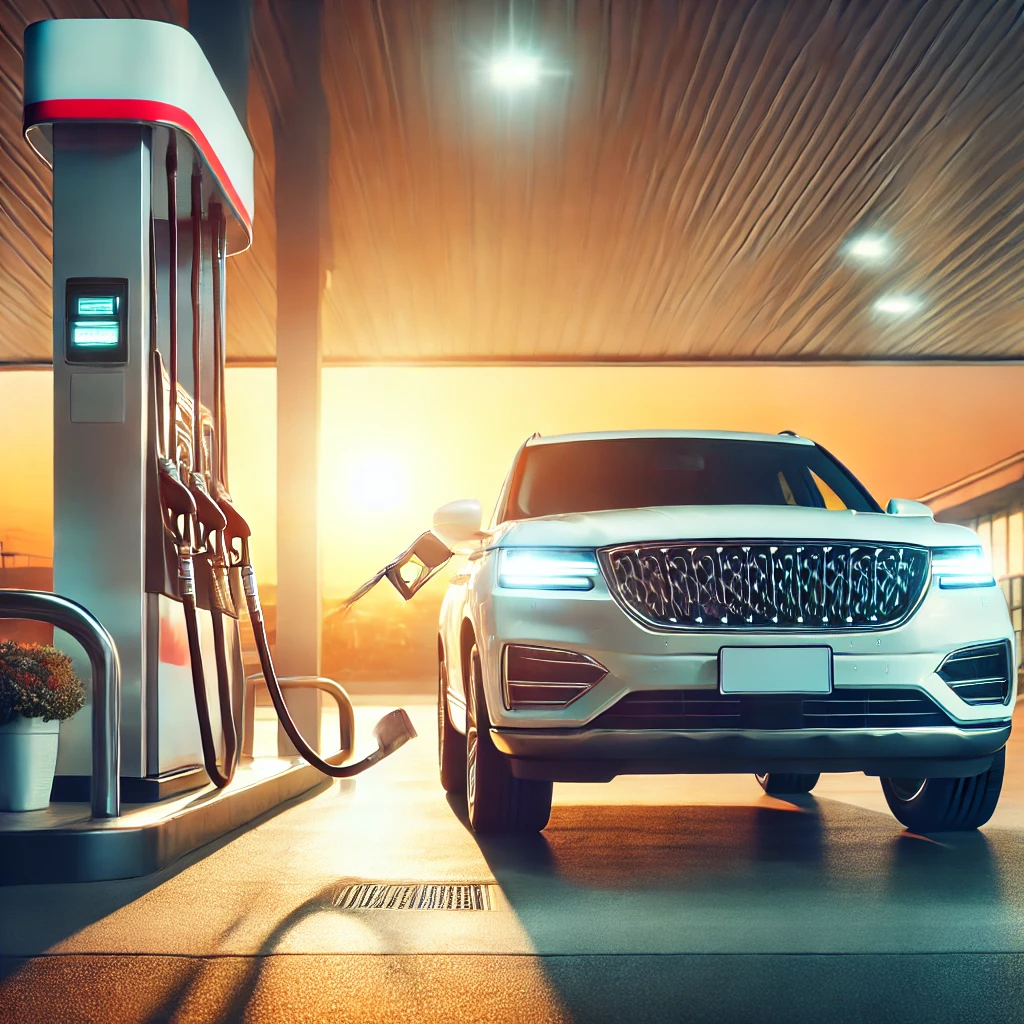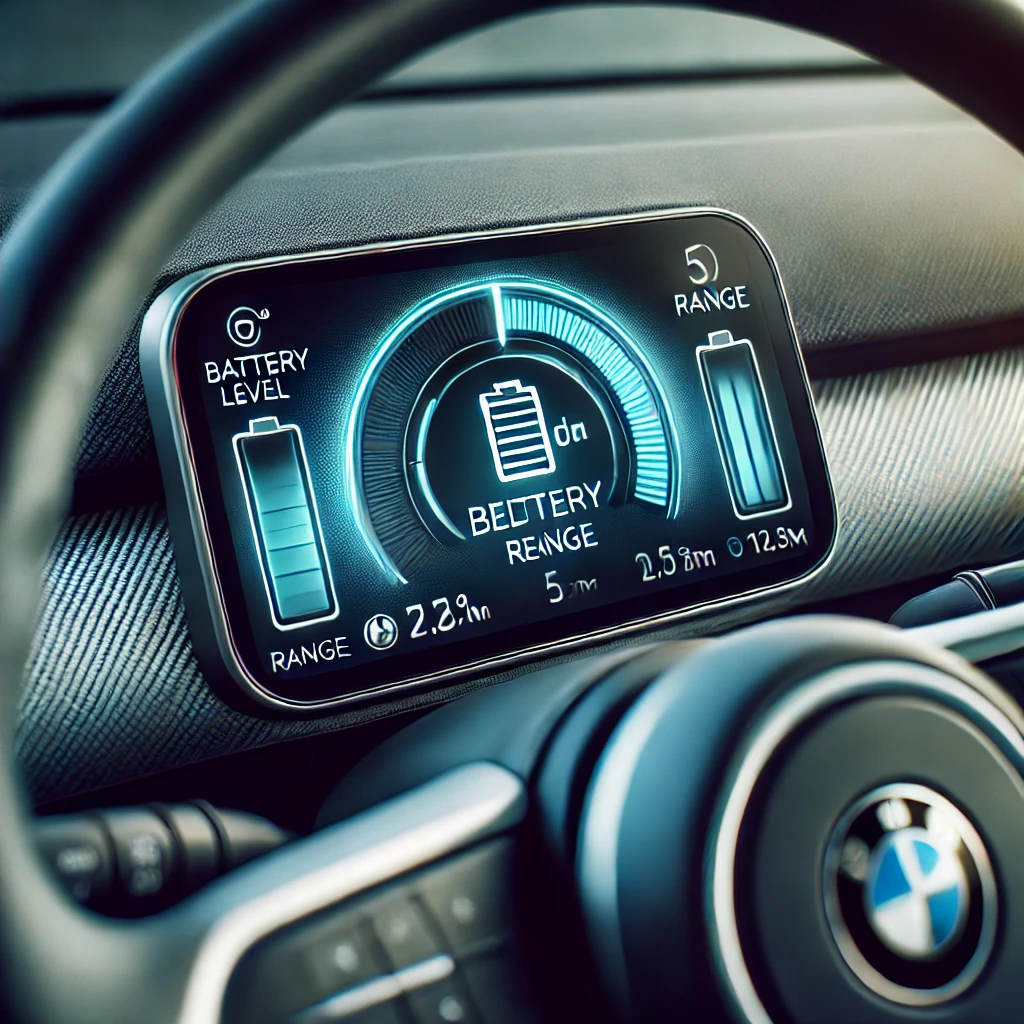Choosing between an electric and a gasoline car can be a complex decision with various factors to consider. Both options offer unique benefits, from environmental impact to cost efficiency and convenience, but the right choice ultimately depends on your lifestyle, driving habits, and personal priorities. This guide will compare electric and gasoline vehicles across several critical factors, including performance, cost, range, environmental impact, and maintenance requirements. By the end, you’ll have a clearer understanding of which car type best suits your needs, making your choice easier and more informed.
1. Understanding the Basics of Electric and Gasoline Cars

Electric cars (EVs) use electric motors powered by battery packs, requiring charging through an external power source. They operate without traditional fuel, relying instead on lithium-ion batteries or similar technologies. In contrast, gasoline cars use internal combustion engines fueled by gasoline or diesel, emitting exhaust gases as a byproduct of the combustion process. This fundamental difference between power sources affects everything from emissions to long-term costs.
2. Fuel and Energy Costs: What You’ll Spend to Keep Moving
Fuel costs are a major factor for many car buyers. Electric vehicles are generally more affordable to “fuel” because electricity is less expensive than gasoline per mile driven. Charging an EV at home or at public charging stations is typically cheaper, even if you factor in occasional fees for fast-charging.
Gasoline prices fluctuate frequently, and long-term fuel costs can add up, particularly for vehicles with lower fuel efficiency. For drivers covering long distances regularly, electric vehicles can offer significant cost savings over time, especially if access to affordable charging options is readily available.
3. Environmental Impact: Going Green with Your Next Car
The environmental impact is often one of the primary motivations for choosing an EV. Electric cars produce zero tailpipe emissions, which helps reduce air pollution and greenhouse gas emissions. Moreover, as electricity generation becomes greener with renewable sources, the carbon footprint of electric vehicles continues to decrease.
Gasoline cars, however, produce exhaust emissions that contribute to air pollution and global warming. If reducing environmental impact is a top priority, EVs are the greener choice, although battery production does have its own environmental considerations. Still, overall, EVs offer a much lower lifetime carbon footprint.
4. Initial Purchase Price: Comparing Upfront Costs
Traditionally, electric vehicles have a higher initial purchase price compared to gasoline cars. This cost difference is mainly due to expensive battery technology and the additional components needed for electric powertrains. However, the gap has been narrowing as battery technology improves and automakers scale production.
Many regions offer tax incentives, rebates, or other subsidies for purchasing electric vehicles, which can help offset the initial cost. Meanwhile, gasoline vehicles typically have lower upfront costs but lack the financial incentives that electric models often qualify for, making them appear more affordable initially.
5. Maintenance and Repair Costs: Keeping Your Car Running
Electric vehicles tend to have lower maintenance costs because they have fewer moving parts than gasoline cars. EVs don’t require oil changes, and their regenerative braking systems reduce wear on brake components. Additionally, there’s no need to replace exhaust systems or deal with fuel system repairs.
Gasoline cars, however, come with more frequent maintenance needs, such as oil changes, coolant checks, and exhaust system maintenance. Over time, these costs can add up, making EVs the more affordable option in terms of upkeep. However, if the EV’s battery fails outside of warranty, it can be a costly repair, though this is increasingly rare as battery durability improves.
6. Range and Refueling Convenience: How Far Can You Go?
Range and refueling convenience remain two of the most significant concerns for potential EV owners. Modern electric vehicles offer ranges from about 150 to over 400 miles on a single charge, depending on the model. However, charging infrastructure is still growing, and long trips may require planning around available charging stations.
Gasoline cars, on the other hand, generally have a much longer driving range and refueling takes only a few minutes. For those who frequently travel long distances or live in areas with limited charging stations, a gasoline car may be more practical. However, urban drivers with access to home or workplace charging may find an EV’s range sufficient for daily needs.
7. Charging Times vs. Refueling Times: Convenience in Practice
Charging an electric car can take anywhere from 30 minutes at a fast-charging station to several hours using a standard home outlet. Home charging is convenient for those who can leave their vehicle to charge overnight, but for long trips, charging stops require more time than a typical gas station stop.
Gasoline cars are refueled within minutes, providing a level of convenience that EVs have yet to fully match, especially in remote or rural areas. However, for drivers with predictable routines and the ability to charge at home, charging time may not be a significant issue.
8. Performance and Driving Experience: Differences on the Road
Electric cars provide a unique driving experience, offering instant torque and smooth, quiet acceleration. The lack of a traditional engine also results in a quieter ride, with EVs often feeling smoother and more refined. Many drivers find EVs surprisingly powerful, especially when accelerating from a stop.
Gasoline cars, especially high-performance models, still deliver impressive power and speed. The familiar roar of an engine is a satisfying experience for many drivers, and certain enthusiasts may prefer the traditional feel of a gasoline engine. However, for everyday driving, many people find the performance of electric cars to be more than adequate, if not preferable.
9. Available Models and Options: Choices in the Marketplace
While the number of electric vehicles on the market has grown significantly, gasoline cars still offer more variety in terms of model selection, body style, and performance options. This includes everything from compact sedans to luxury SUVs, sports cars, and trucks.

For electric vehicles, the market is also expanding, with an increasing range of options, from affordable commuter cars to high-end luxury models. However, drivers looking for specific body types, like trucks or performance vehicles, may find a limited selection compared to gasoline models. As EV technology progresses, this gap is expected to close.
10. Resale Value and Depreciation: Considering Future Worth
Electric vehicles have historically experienced rapid depreciation, mainly due to concerns about battery longevity and a limited secondary market. However, as battery technology improves and public demand for EVs grows, resale values have started to stabilize. Brands with strong reputations and longer battery warranties tend to retain value better than others.
Gasoline vehicles usually have predictable depreciation rates, and certain models hold value better than others, especially popular or fuel-efficient models. If you’re considering resale value, researching specific brands and models is essential, as depreciation rates can vary significantly.
11. Tax Incentives and Government Support
Many governments offer tax credits, rebates, and other incentives to encourage electric vehicle purchases. These incentives can reduce the overall cost of an EV by thousands of dollars, depending on the country or state. Gasoline cars, however, do not typically qualify for such incentives, which may make them less attractive financially.
If you’re eligible for incentives, they can make an electric vehicle considerably more affordable, enhancing its long-term cost benefits and appeal.
12. Longevity and Durability: What Lasts Longer?
Electric cars, with fewer mechanical parts, generally have an advantage in durability. With routine battery checks and a good warranty, an EV can offer years of reliable service. However, long-term reliability data is still emerging as EVs are relatively new in the mass market.

Gasoline cars, backed by decades of performance data, have predictable maintenance schedules and long track records. If you prioritize tried-and-true durability, a gasoline car from a reliable brand may give you added peace of mind.
Conclusion
When choosing between electric and gasoline cars, there is no one-size-fits-all answer. Each option offers distinct benefits and trade-offs, whether in terms of cost, convenience, or environmental impact. For those focused on sustainability and long-term savings, an electric car could be an ideal fit. However, if you prioritize long-range travel, ease of refueling, or specific vehicle options, a gasoline car may be more practical. By evaluating these factors based on your lifestyle, you can make a choice that brings both satisfaction and reliability for years to come.

Leave a Reply